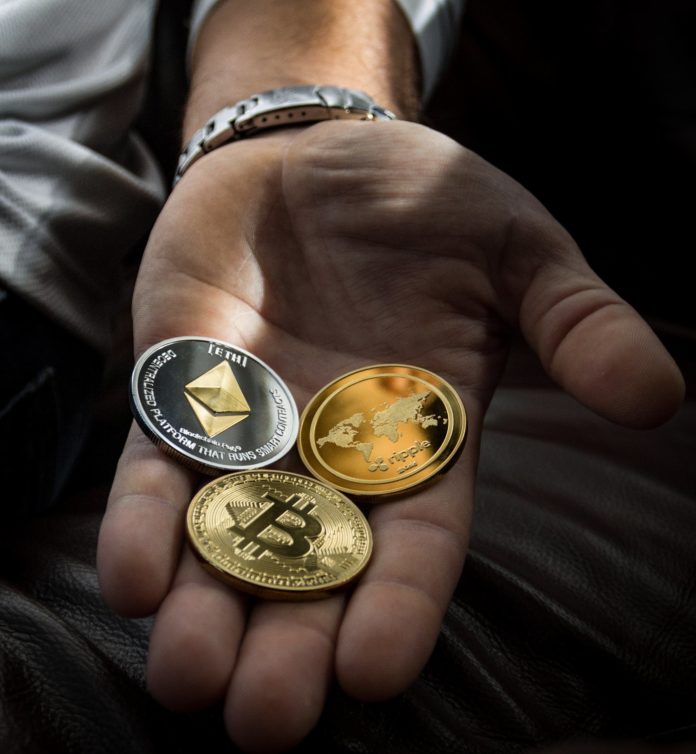When it comes to banking, consumers do not look at how the prestigious the institution is; they first analyze the cost of transaction before anything else. With the increased penetration of blockchain technology into the banking sector, the cost issue has become the center stage and that’s where Ripple (XRP) is beating other players hands down.
Banks have been used for decades as the only means of sending money abroad and due to lack of competition; the consumer has been subjected to myriad of hidden costs making the entire process out of reach for the ordinary customer. These costs are about to come down drastically thanks to Ripple digital coin, XRP.
The transaction fee, speed, dependability and traceability are some of the traits that have excited BBVA and this could means a lot to XRP. It opens new markers in the Spanish market where BBVA Compass Banking is a major player. The coin will ride on banks network to spread its wing beyond Spain into the Latin America, Mexico and the larger European community.
Ripple XRP Popularity in the Market
Banks are known to inflate transaction costs to cover for their operations and make profits that go to stake and shareholders. If you have been using banking services and cryptos and fiat, you will realize digital coins are a better deal. Ripple XRP leads the pack. The platform has more benefits than your local bank.
The head of Digital Transformation at BBVA Investment banking Unit, Alicia Pertusa says:
“Ripple costs 81 percent less than the correspondent banking network used for decades to send global payments. However with Ripple, companies can track their payments.”
What makes Ripple popular in the crypto verse is its business model and how it tries to keep transactions costs the bare minimum. Unlike the current banking systems where it has never been possible to track your funds, Ripple transparency and traceability is what the modern consumers is looking at which has led to shorter queues in banking halls and at ATMS.
Ripple has been in the forefront to bring onboard financial institutions of repute and help them make cross-border money transfer easy, secure, transparent traceable and above all, affordable. However, there has been a lot of resistance from select government s that are not yet ready for disruptive technologies.
BBVA Ripple (XRP) Experiment a Success
BBVA, a Spanish respected banking outfit has confirmed that their experiment with Ripple has been very positive. A statement from the bank says:
“BBVA is interested in innovation in cross-border payments, especially given our footprint in Europe, Mexico, USA and Latam. BBVA is an active participant in several initiatives in cross-border payments (and other areas where blockchain could be applicable) and in the context did a project with Ripple last year in order to glean learning on the efficacy of cross border payments in various contexts using money, not cryptocurrency. We also have carried a series of tests with blockchain consortia R3, Hyperledger and Ethereum Enterprise Alliance in order to get insights into the use of blockchain in the financial blockchain sector.”
The success of the trials comes after Fleetcor, MoneyGram and Western Union have integrated and used the xRapid software successfully. This has reduced the cost international money transfers drastically, cut down the time it takes from sender to recipient from 4 days to a few minutes, if not seconds. The Ripple BBVA collaboration will benefit both parties and the end consumer as well.
Already BBVA is offering Ripple (XRP) services to select consumer to get a feel of it and it has proved a reliable and cheaper way to pay international suppliers. To sum it up, Pertusa added:
“It is not just the real-time transfer that’s important here but the information we can send with the payment. It is very relevant for our clients because they could begin streamlining their reconciliation system.”




















